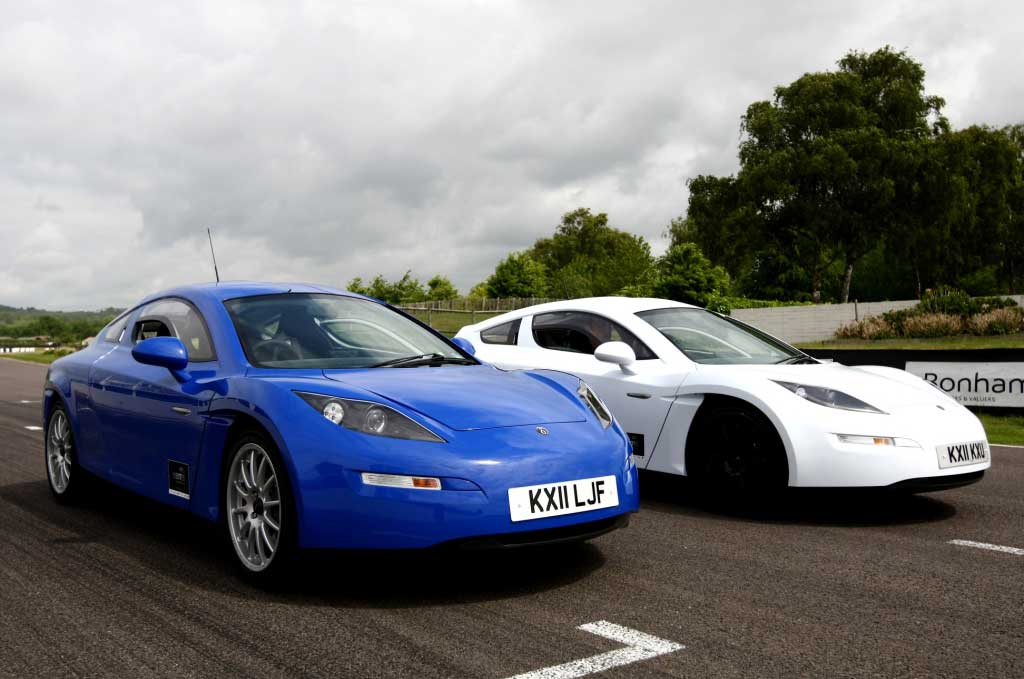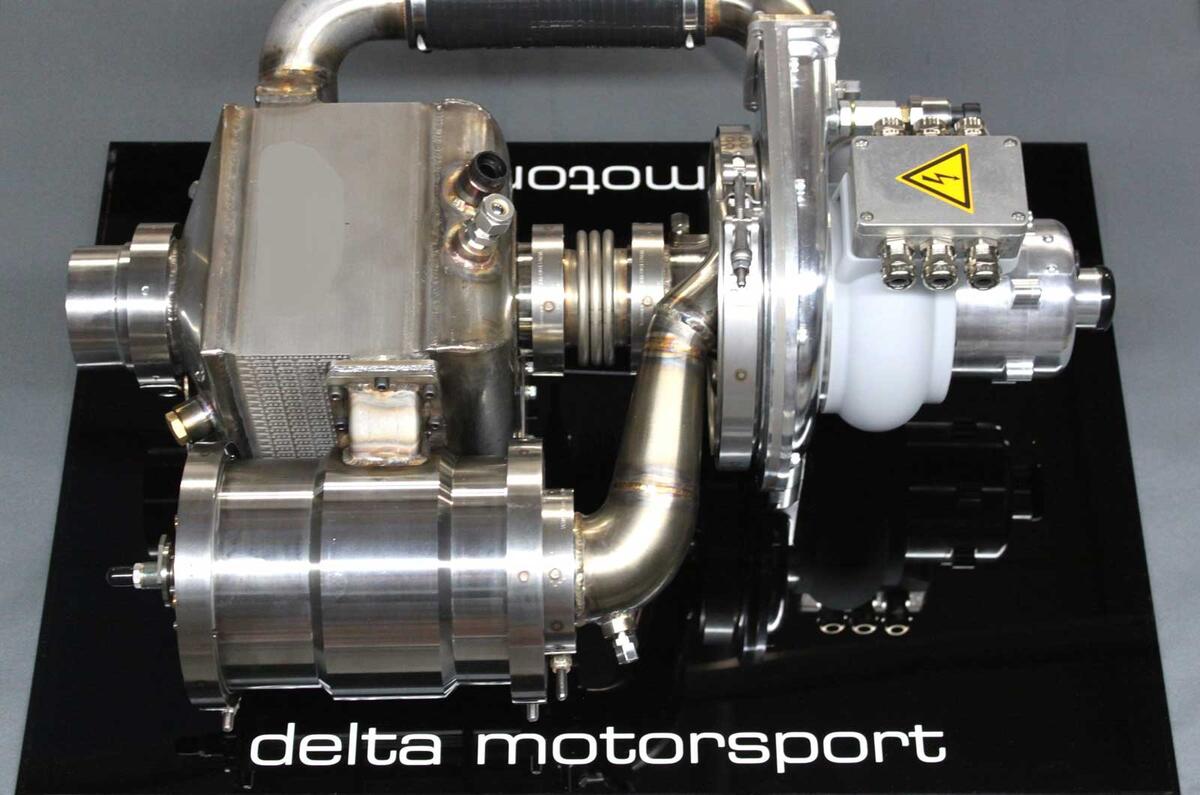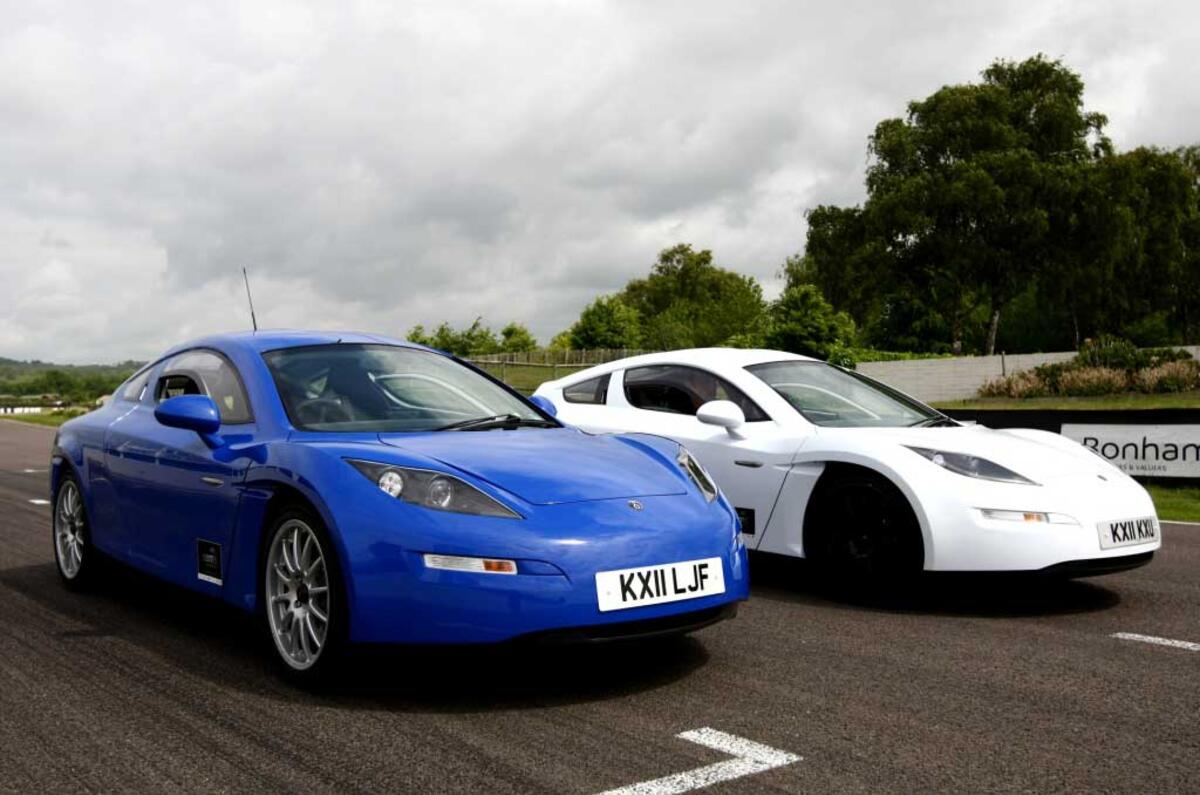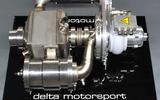Delta Motorsport has developed a micro-turbine engine that can act as an ultra-efficient range extender for electric vehicles, and it'll make production in a yet to be revealed model before the close of the decade.
Called the mirco turbine range extender (MiTRE), the prototype system comes in two power outputs, 23bhp and 47bhp, and is about 40% smaller and, at 50kg, about 50% lighter than an equivalent piston engine. The more powerful unit also has a thermal efficiency of about 30%, which matches the best piston engines, and both versions have very low emission outputs.
Delta says adding a larger heat exchanger can improve the unit’s thermal efficiency to 35%, which ranks the unit alongside high-performance racing engines.
The first prototype system has been fitted into Delta’s own E4 Coupé electric concept (pictured below), but a final version will be introduced in a production car in 2019.
"We will be entering into a partnership later this year to produce a motor for a production model," confirmed Delta engineering director Nick Carpenter. "I can't say with who, but it'll be produced in 2019 and arrive on roads in 2020."
Currently, only two car makers, Ariel and Morgan, have been confirmed as partners for Delta's technology. Both companies have recently expressed interest in electrification technology, with Morgan producing the EV3 and Ariel demonstrating electrically powered ground-effect tech earlier this week, but Carpenter suggested this first production model would be in a full EV from another car maker.
Carpenter believes turbine engines are the most efficient answer to improving the ranges of EVs. "There have been various attampts to introduce turbine engines into passenger cars, but those engines were directly driving the wheels," he said. "Electric vehicle sales are gaining traction now, but people who travel long distances still need more range, and this is where the range extender still provides the best answer."

Carpenter said adding more batteries to a car to increase its range had its limits due to the weight of battery cells, but a turbine range extender can drastically increase an EV's range for a tiny offset of emissions.
He also believes range extender technology can bring EVs to the masses. "How many people can live with a Nissan Leaf, and how many can afford a Tesla Model S?" Carpenter said. "Once production is up and running, the cost of our motor will be around £1000, so it's not expensive."









Join the debate
Add your comment
Battery life extension
Fitting this unit to a used EV with lowered battery performance would allow flexibility in deciding when to replace with a new battery. It would certainly be less in cost than an immediate battery replacement.
Ah, British ingenuity...
Microturbine EVs
Any company succeeding at this will certainly make World automotive history!